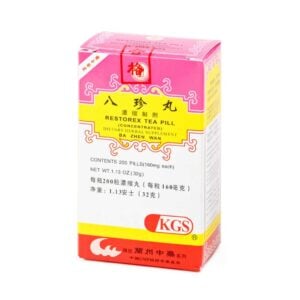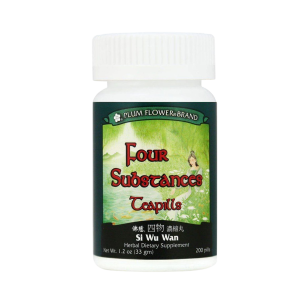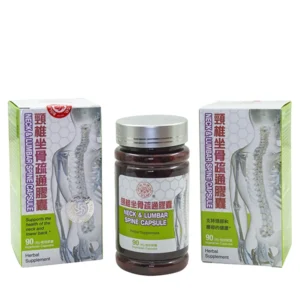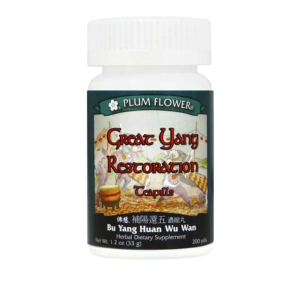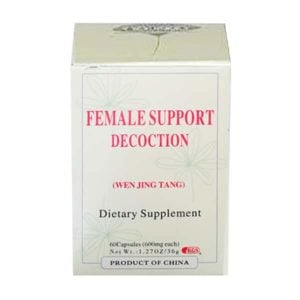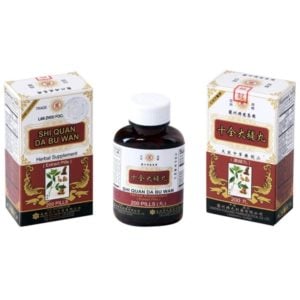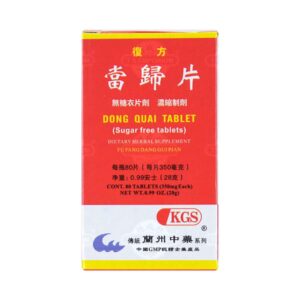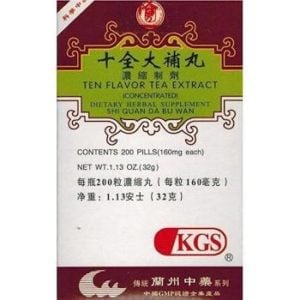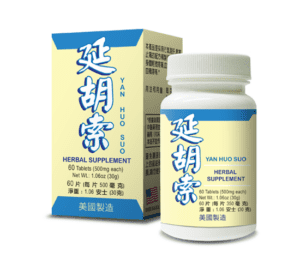Chuan Xiong
English Name: cnidium, Sichuan lovage root
Pharmaceutical Name: Rhizoma Ligustici Chuanxiong
Medica Category: Blood-Invigorating and Stasis-Removing Herbs
Properties: Chuan Xiong enters the Liver, Gallbladder, and Pericardium channels; it is acrid in nature and warm in temperature.
What is Chuan Xiong?:
The Chinese Herb Chuan Xiong is Sichuan lovage root (from Ligusticum chuanxiong Hort.; syn. with Ligusticum wallichii Hance.), a plant in the umbelliferae (parsley) family that grows in the Sichuan region of China. Considered one of the fundamental 50 herbs in Traditional Chinese Medicine, the aromatic roots have a long tradition of being used to address gynecological issues as well as headaches and joint pain that are associated with the change of seasons (see below). The roots are dug up in the summer when the nodal points on the stem protrude and turn light purple. They are then cleaned, dried, and sliced and can be left unprocessed or fried with grain-based liquor for use as medicine.
Traditional Chinese Medicine (TCM) Therapeutic Actions of Chuan Xiong:
Chuan Xiong activates qi and blood circulation and is an herb of choice for addressing obstetric and gynecological disorders (i.e. amenorrhea and irregular menstruation, continuous postpartum bleeding, and many manifestations of pain associated with menses) that have blood stagnation and cold as part of the root problem.
Chuan Xiong also addresses other clinical manifestations of blood stagnation (besides those involving gynecological issues) such as pain from blood stagnation anywhere in the body, pain and bruising from traumatic injuries, numbness in the extremities, and chronic, non-healing sores.
Note about assessing the root cause of pain: generally speaking, pain from blood stagnation tends to be a sharp, fixed pain that worsens when palpated; pain from cold is that pain which is alleviated by heat.
Note for students and practitioners: Chuan Xiong enters the chong (thoroughfare) channel, which is the point from which all 12 channels emerge—referred to as the “sea of blood”, it is closely tied to menstrual processes.
Chuan Xiong also dispels wind and relieves pain to address headaches caused by wind attacks (i.e. acute headaches associated with “feeling rundown/getting sick” and/or change of seasons) as well as headaches from blood stasis and blood deficiency. Furthermore, it addresses the stagnation that causes bi zheng (painful obstruction syndrome), which manifests as musculoskeletal pain and stiffness.
–safety notes:
Use with caution during pregnancy.
Students/practitioners: do not use for those with yin-deficient fire, red tongue, and dry mouth; use with caution for women with hypermenorrhea.
Chuan Xiong should be used with caution in persons taking anticoagulant medications (e.g. warfarin (Coumadin) and enoxaparin (Lovenox)) and antiplatelet medications (e.g. aspirin, dipyridamole (Persantine), and clopidogrel (Plavix)) as it may combine with these medications to have additive or synergistic effects. Note that this potential interaction of Chuan Xiong and these medications has not been documented; nevertheless, it is prudent to be aware of its possibility.
Products Containing Tag: Chuan Xiong – Sichuan Lovage Rhizome – Rhizoma Ligustici Chuanxiong
-
Ba Zhen Wan – Restorex Teapill – Lanzhou Traditional Herbs (KGS)
Add to CartStarting at $7.89
-
Plum Flower – Four Substances (Si Wu Wan)
Add to Cart$21.23
$27.90 -
Plum Flower – Great Yang Restoration (Bu Yang Huan Wu Wan)
Add to Cart$23.83
$31.30 -
Fu Fang Dang Gui Pian – Dong Quai Tablet
Add to CartStarting at $5.85

